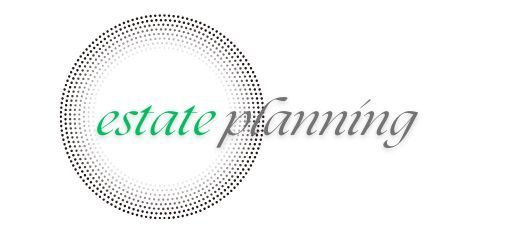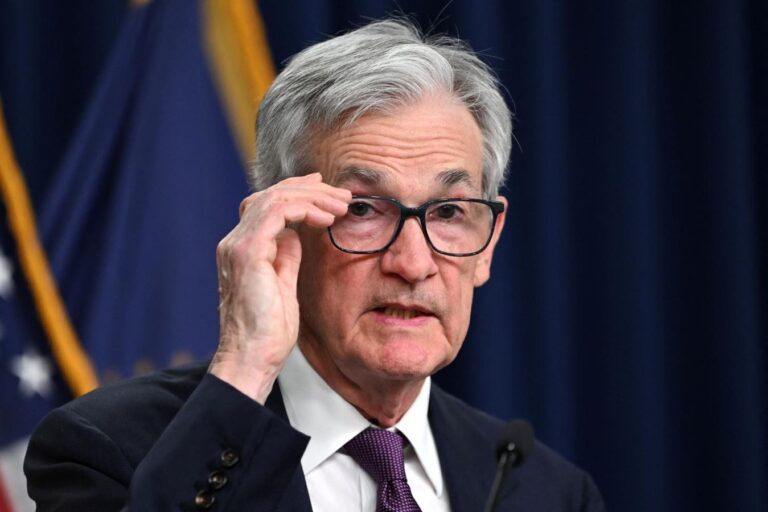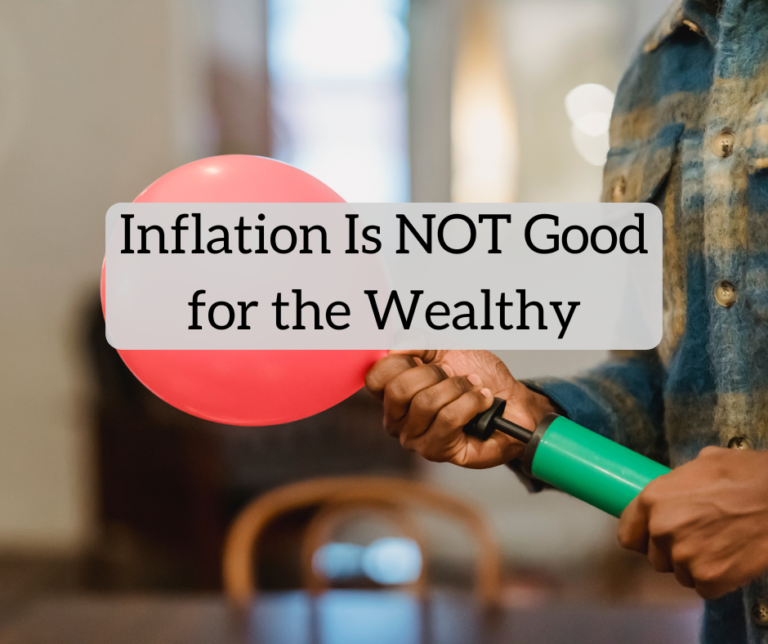
David Dee Delgado/Getty Images
- Federal Reserve is likely to slow its rate cuts with inflation pressures still elevated
- November PCE: Key fed inflation gauge rose 2.4% annually
- Canada’s annual inflation rate edged down to 1.9 per cent in November, reinforcing ‘gradual path’ for BoC
- Russia struggles to tame inflation in ‘overheating’ war economy
- Inflation driving theft of cheese and butter worth thousands: police
CNN
—
The Federal Reserve’s preferred inflation gauge moved slightly higher in November — but not as much as economists were expecting. However, President-elect Donald Trump’s pledge to roll out economic policies like mass deportation and massive tariffs threaten to push up the cost of living.
The Personal Consumption Expenditures price index rose 2.4% in November from the year before, heating up from the 2.3% increase notched in October, according to new Commerce Department data released Friday.
That acceleration was below expectations, which called for a 2.5% annual increase, according to FactSet estimates. Economists anticipated the annual rate would increase because of comparisons to last year (when inflation cooled rapidly) as well as some price hikes that are considered one time in nature.
On a monthly basis, prices rose just 0.1%, a slower pace of growth than the 0.2% increase seen in October. Economists expected a 0.2% monthly increase, according to FactSet.
Inflation has cooled substantially this year but has been moving sideways in recent months, prompting the Fed to take a more cautious approach to rate cuts in the coming year. Fed Chair Jerome Powell said Wednesday that there’s been “significant progress” on inflation, but uncertainty also is growing.
While the trajectory indicates disinflation remains at hand, there’s increasing uncertainty around how that could change next year. Most economists say Trump’s policy proposals around tariffs, immigration and taxes could be inflationary.
This story is developing and will be updated.
Nguồn: https://estateplanning.baby
Danh mục: News




